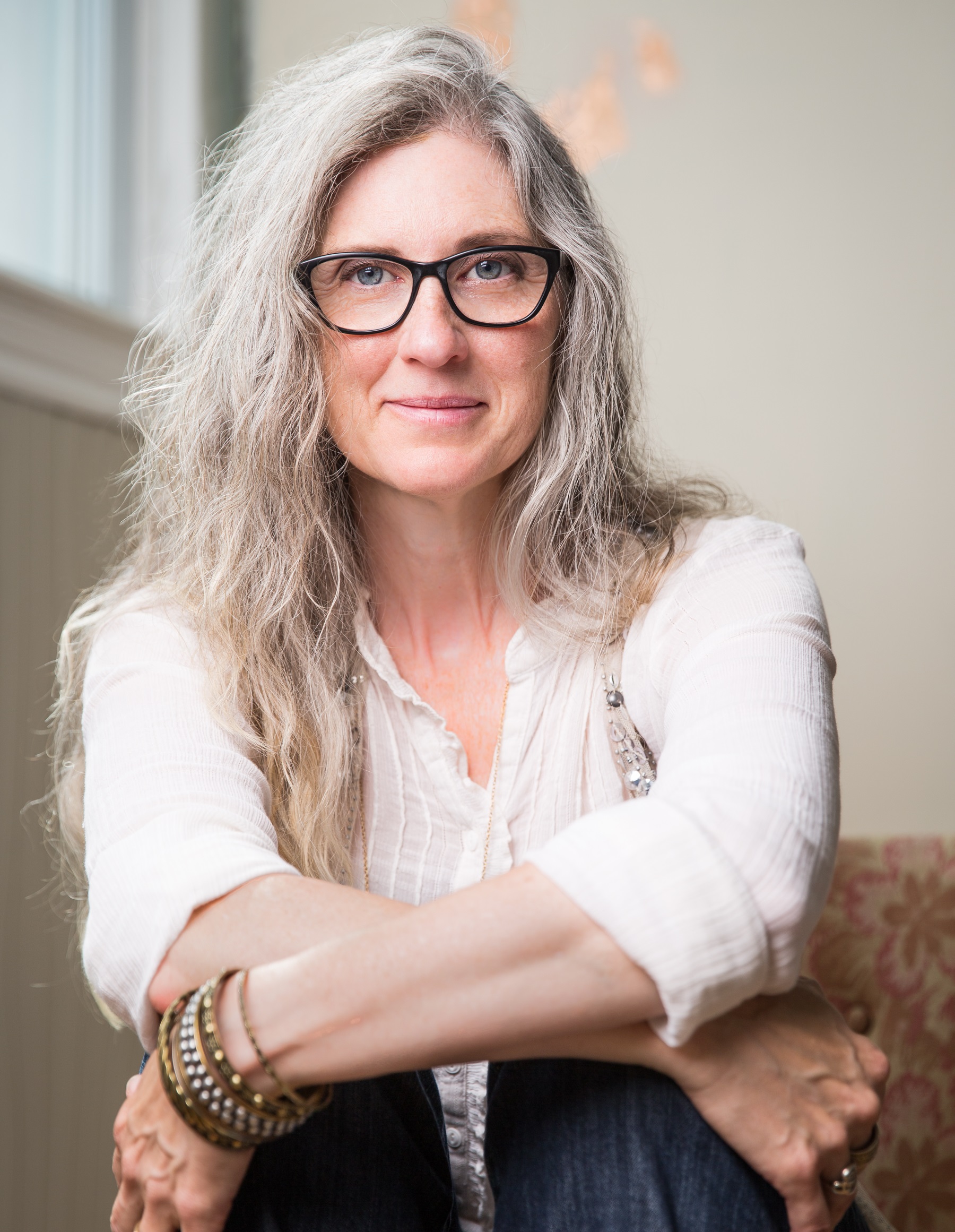Viola Desmond was a Nova Scotian who refused to abide by segregated seating in a public space — nine years before Rosa Parks refused to sit at the back of the bus. During Black History Month, Canada celebrates her courage and reflects on her experience.
On November 8, 1946, Viola travelled to Halifax to deliver beauty products to salons run by graduates of her Desmond School of Beauty Culture. Her beauty school empowered Black women in her community and her entrepreneurial prowess inspired. Viola had developed the line of hair care products she was distributing that day. She stopped over in the town of New Glasgow because of car trouble.

Viola Desmond — first lady on the left in the front row
(photo courtesy of Black Cultural Centre For Nova Scotia
To pass the time while repairs were made at a local garage, Viola decided to take in a movie at the Roseland Theatre. Although segregation wasn’t legislated, it was widely practiced, and she was expected to sit in the Black seats located in the balcony theatre. Viola refused to comply and insisted on sitting downstairs. When she repeatedly refused to relinquish her seat, the police were called. They dragged her from the theatre and took her to jail, injuring her hip and knee in the process. (Note: These injuries were documented by a physician.) She was interviewed by the police and held in a cell overnight.

The next morning, Viola was tried for evading taxes of 1 cent — the difference in tax between the balcony and lower level seat. She was neither informed of her legal rights nor was she afforded any legal counsel. The theatre manager argued that he had the right to “refuse admission to any objectionable person.” Viola countered that she was already admitted by virtue of having paid for her ticket. The magistrate, the only legal official present, found her guilty. At that time, in 1946, no provincial court had declared racial segregation in hotels, restaurants and theatres to be illegal. It would be 1954 before segregation was ruled illegal in Nova Scotia.
The Nova Scotia Association for the Advancement of Coloured People (NSAACP) raised funds to hire Frederick Bissett, a white lawyer, to fight the conviction. His appeals were unsuccessful. Frederick did not bill Viola for his work. Instead, the NSAACP redirected the funds into their fight to end segregation in Nova Scotia.
The changes came all too late for Viola. Let down by her country and its legal system, she paid the $20 fine and the $6 court fees. Her marriage ended and when the limelight became etoo overwhelming, she left her business behind and moved to Montreal. She was a resident of New York City when she passed away years later, February 7, 1965.
On April 15, 2010, Nova Scotia’s premier published an official apology and free pardon to Viola Desmond, declaring that she was wrongfully jailed and fined. Next year, the third Monday of each February will be declared a special holiday in her name sake. Each subsequent year, the holiday will be named for a new honouree.
“
This closes an erroneous chapter in the history of this province and allows a new one to begin. I am confident that the case of Mrs. Viola Desmond will be the focus of scholarly and human rights research for years to come. It is a historic moment for Nova Scotia and for Canada, and I am proud to be a part of it.” Lieutenant Governor, Mayann Francis, April 15, 2010
To learn more about the life and times of Viola Desmond:



1 Pingback